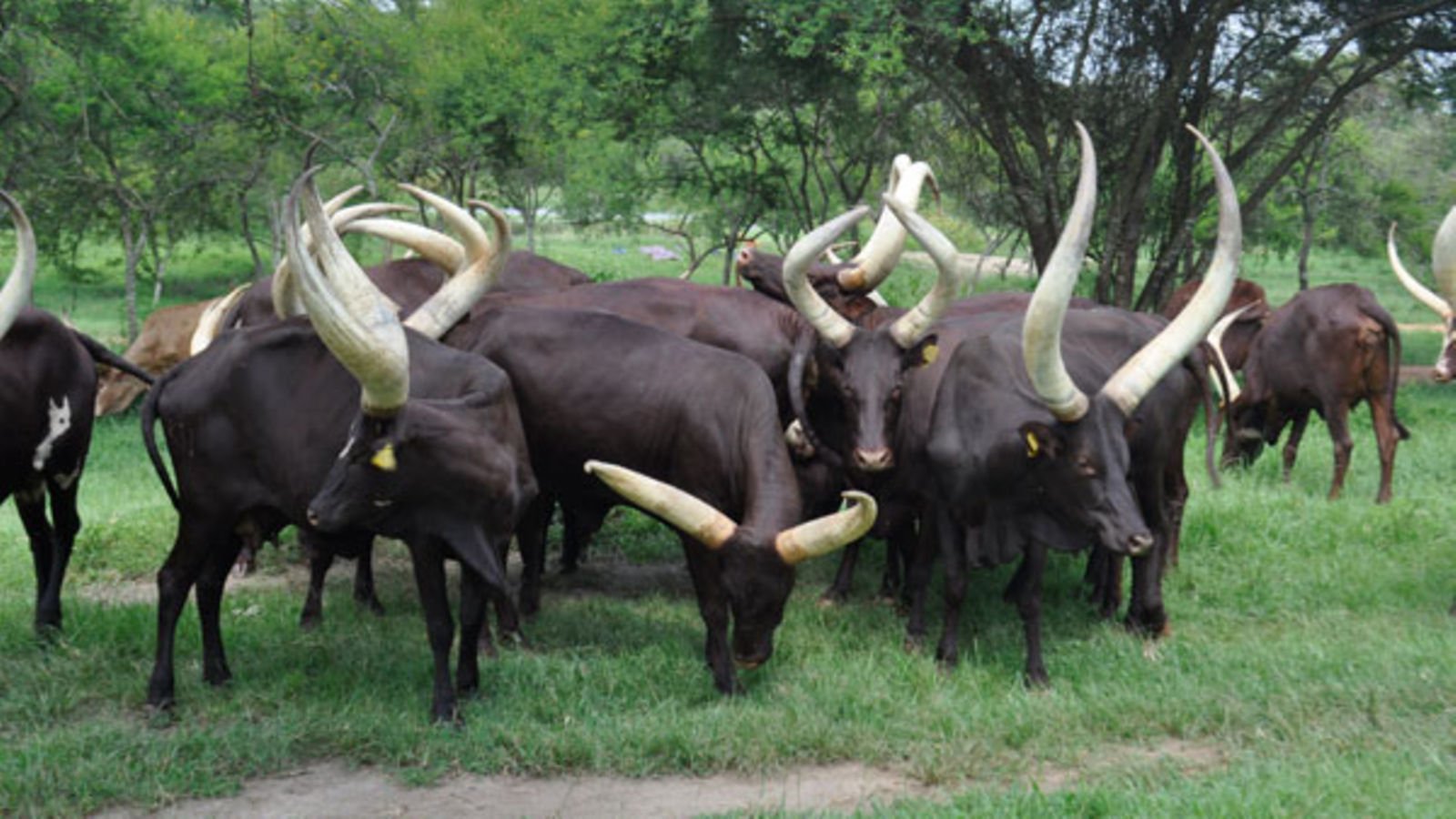Prime
Govt working to combat FMD to boost meat exports

The Commissioner in Charge of Animal Health at MAAIF Dr. Anna Rose Ademun (L) attends the meeting together with head of IGAD mission in Uganda Ms Joselyn Bigirwa on July 8, 2024. Photo by Paul Adude
What you need to know:
According to Ms. Anna Rose Ademun, Commissioner in charge of animal health at the Ministry of Agriculture, Animal Industry and Fisheries (MAAIF), the government has organized a three-year vaccination program to combat FMD
The Ugandan government is working to combat Foot and Mouth Disease (FMD) in orderto increase meat exports to foreign countries. The country has recently experienced an outbreak of FMD, which has led to a halt in meat exports.
According to Ms. Anna Rose Ademun, Commissioner in Charge of Animal Health at the Ministry of Agriculture, Animal Industry and Fisheries (MAAIF), the government has organized a three-year vaccination program to combat FMD. "We aim to vaccinate all susceptible livestock within three years, which will significantly reduce the prevalence of FMD in the country," she explained. "We will then reach a level where we can ensure clean zones from FMD and create compartments that are more organized, from which we shall select animals to export."
Currently, Uganda exports meat carcasses at a low percentage of 1-2% to the Middle East, a market that requires more stringent standards. "We need to increase our exports to at least 10% to access more lucrative markets," Ms. Ademun noted. She emphasized that businessmen need to be aware of the standards required by veterinary services in the country of destination before engaging in the business, as required by the World Organisation for Animal Health and the World Trade Organization.
The remarks were made at the 3rd Inter-Governmental Authority on Development (IGAD) meeting, which brought together exporting countries and Middle East and North Africa (MENA) importing countries to strengthen collaboration for enhanced livestock and meat trade. IGAD countries are endowed with significant livestock resources, with approximately 415 million ruminants (cattle, sheep, goats, and camels). However, the volume of exports currently covers only 50% of live animals and 10% of meat annual demand in MENA countries, which is low compared to the region's comparative advantage.
Ms. Joselyn Bigirwa, head of the IGAD mission in Uganda, noted that the meeting aims to promote live animal and meat trade investment in livestock areas for enhanced delivery. Livestock value chain actors, including governments, have been working to improve animal disease surveillance, vaccination, and disease control to improve compliance with sanitary requirements and Halal standards and to produce marketable animals.
The Food and Agriculture Organisation (FAO) Sub-regional Office for Eastern Africa livestock development officer, Ms. Ricarda Mondry, emphasized the importance of collaborative efforts to address livestock disease issues and transboundary animal diseases in the region. "This meeting provides a great economic opportunity for pastoralists to sell their livestock," she said. "However, there are challenges that need to be addressed, such as complicated livestock disease issues and transboundary animal diseases that exist in the region."
Mr. Vyshakh Subhash, a meat importer from Dubai, urged IGAD countries' governments to provide more support for the extended line in meat trade affairs to improve meat exports. "We are importing from Kenya, Ethiopia, and Tanzania, but we need to improve more," he said. "Governments need to give more support to exporters to control the spread of diseases, which is affecting the meat sector's growth."




